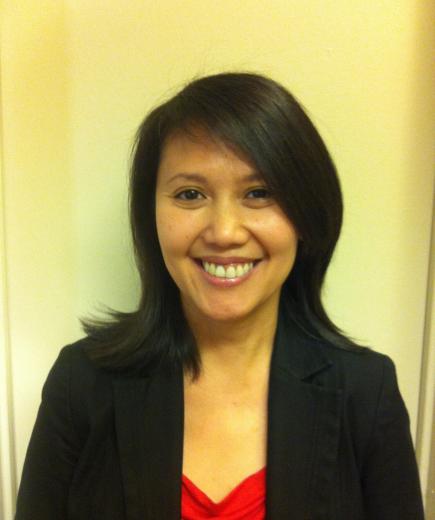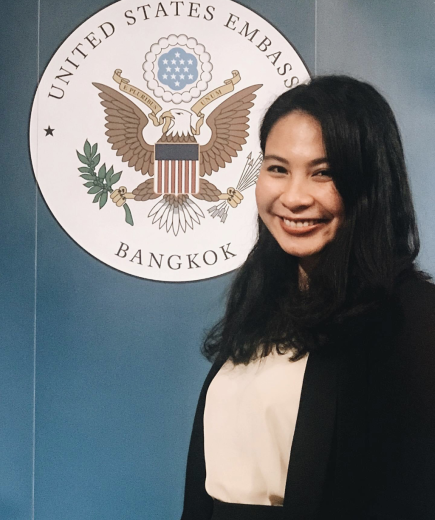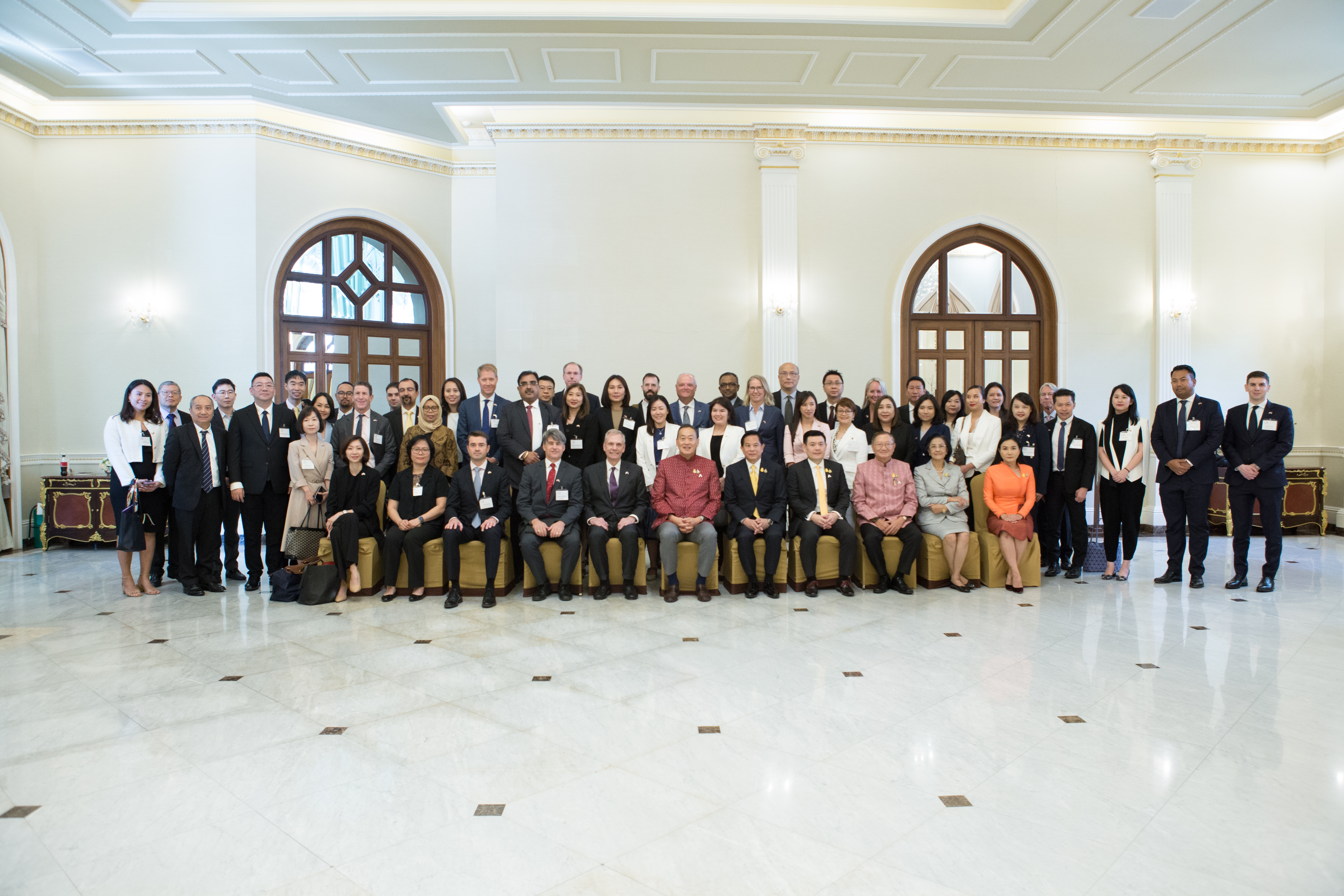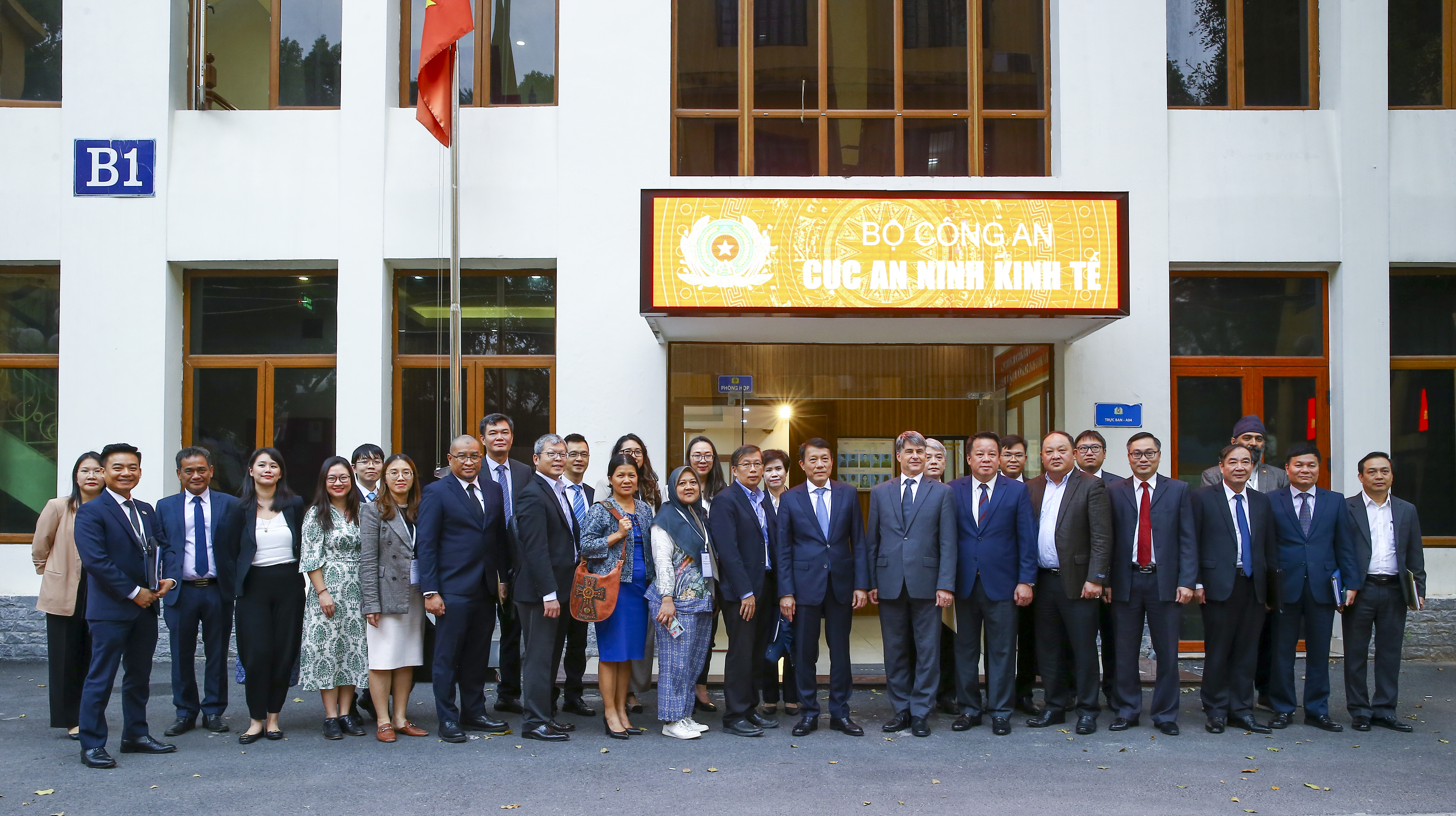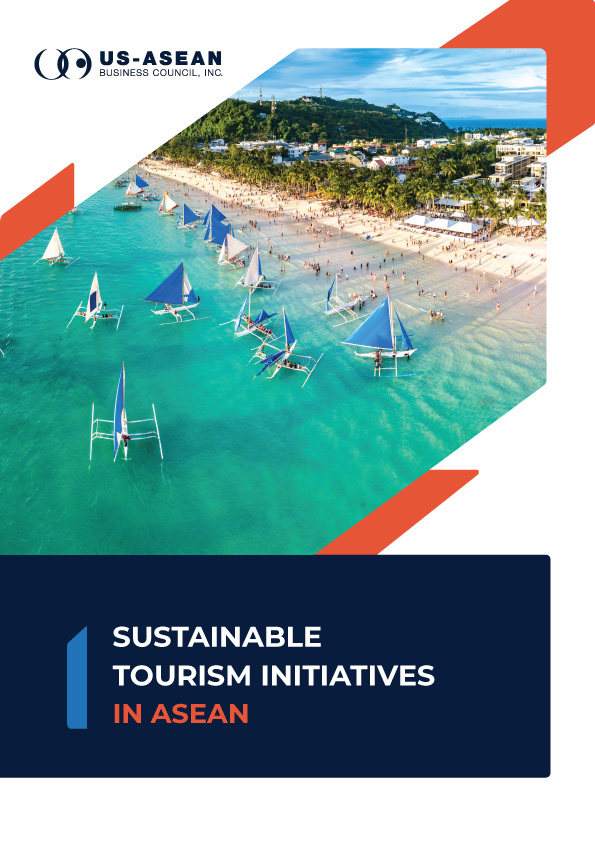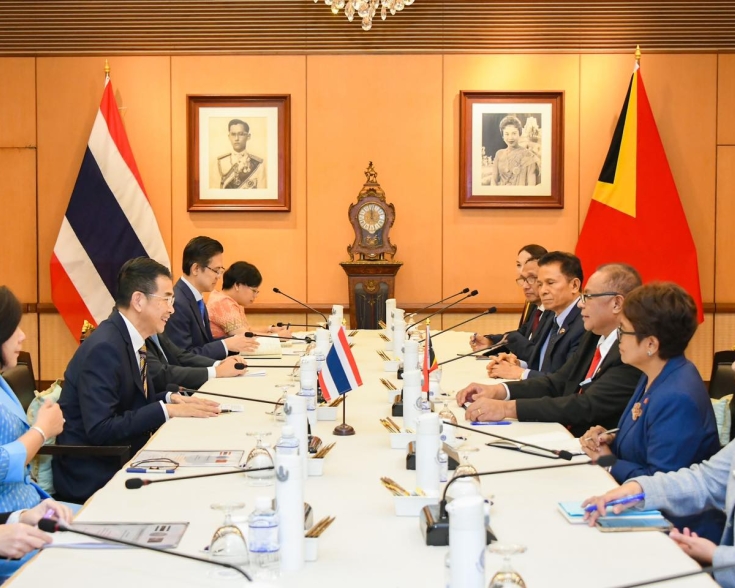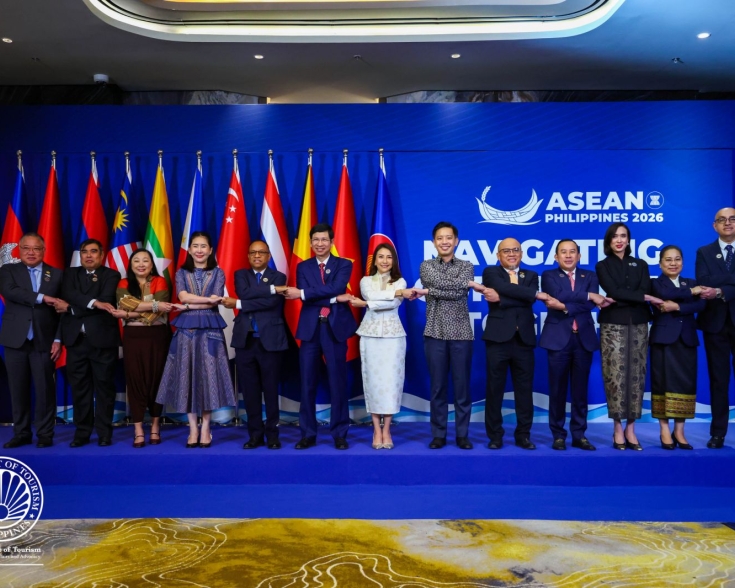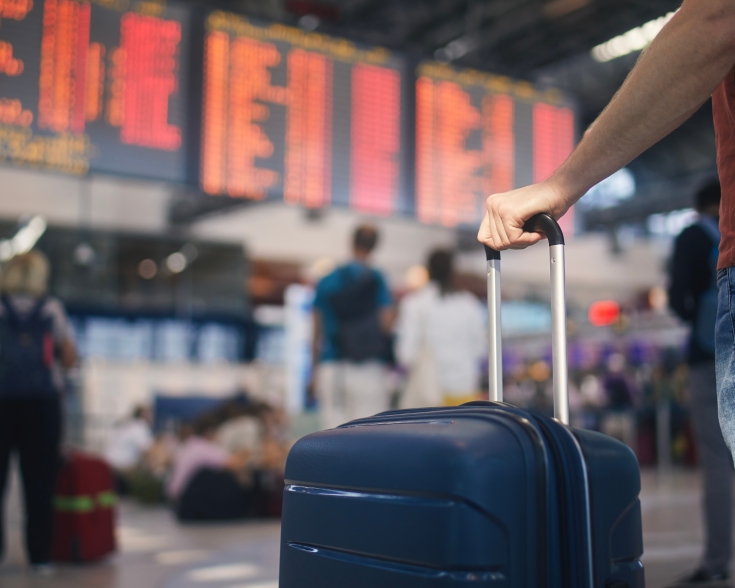Thailand and Vietnam Announce Changes to Tourist Visa Policies
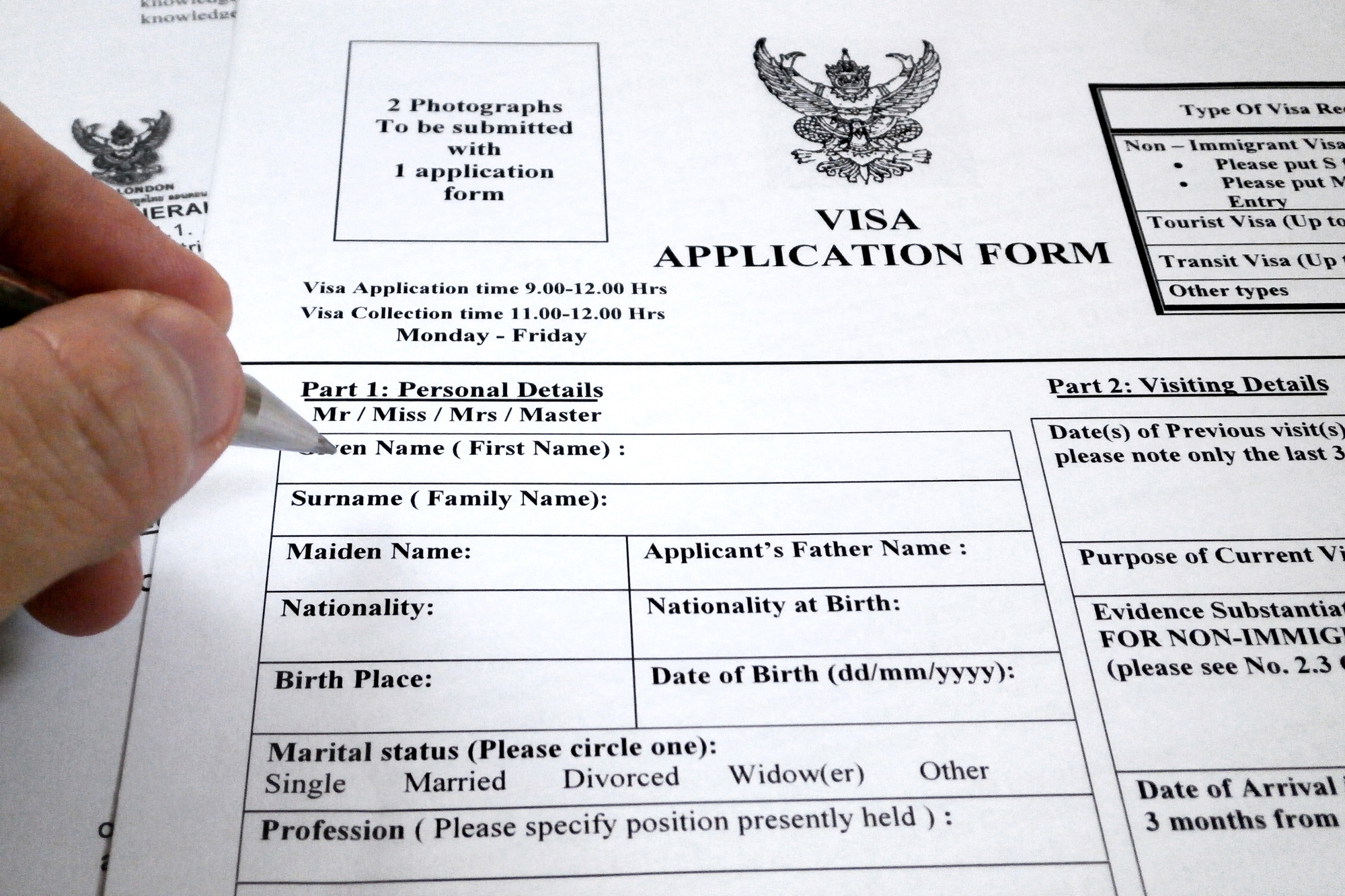
Thailand has recently announced a plan to reduce the visa-free stay period for tourists to 30 days. This would mark a change from the previous allowance of up to 60 days for travelers from 93 countries and territories. The move aims to address growing concerns over the exploitation of tourist visas, such as foreigners engaging in illicit activities and renting condominiums without proper permits. The proposed adjustment is still under discussion, and no official policy change has been implemented yet.
In parallel, Thailand has introduced the Thailand Digital Arrival Card (TDAC), which replaces the traditional TM-6 form. The new requirement applies to all foreign visitors, except those holding a “border pass” or transiting through the country. Travelers are instructed to complete the TDAC registration via the official website at least 3 days prior to travel.
The TDAC system is also expected to support the implementation of a new tourism tax policy set to take effect by the end of 2025. Under this policy, foreign visitors arriving by air will be required to pay a 300-baht (approximate USD 9) fee per trip. Those arriving by land or sea will also pay 300 baht but will be granted an exemption for following trips within a 30 to 60-day window. The tax is part of a broader effort to support Thailand’s tourism revenue target of 3.5 trillion baht (approx. USD 90 billion) in 2025.
Vietnam, which saw a record high in foreign tourist arrivals with over 6 million visitors in the first quarter of this year, has also implemented notable policy changes to its visa regulations. The country has granted visa-free entry to 15 additional countries, including Germany, France, Italy, Spain, the United Kingdom, Russia, Japan, South Korea, Denmark, Sweden, Norway, Finland, Poland, the Czech Republic, and Switzerland. This move could be considered a strategic initiative, as five of these countries are among the top ten in terms of tourism spending in Vietnam. Further discussions are underway to introduce full visa exemptions for high-profile visitors, including billionaires and celebrities. Vietnam’s Prime Minister Chinh has also proposed visa waivers for other categories such as scientists and investors traveling to Vietnam for tourism or international cooperation activities.
